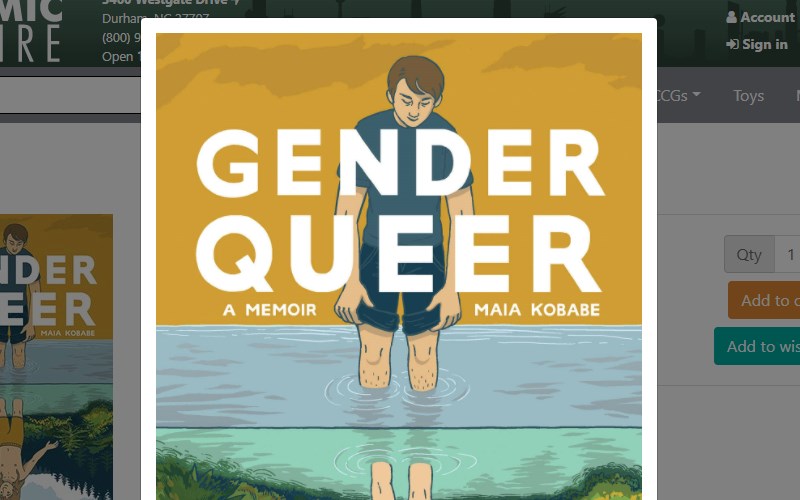Over hysterical objections from far-left groups, state lawmakers in the House and Senate passed bills last week that ban explicit sexual material in K-12 schools and public libraries.
The two bills are House Bill 1205 and Senate Bill 2360. The Senate bill passed 38-9. The House bill passed 65-28.
Mark Jorritsma, who leads North Dakota Family Alliance, says the group testified in favor of both bills because the goal is protecting children.
“Fundamentally, what they're trying to do is get rid of obscene materials in public libraries,” he tells AFN. “And it's getting worse and worse, unfortunately, thanks to the American Library Association and a lot of other causes."
Far-left groups such as the ACLU and the ALA are up in arms over book-banning bills that have swept the nation in light of books such as “Gender Queer” and “Lawn Boy” being exposed. Those books not only carry homosexual themes but they are sexually explicit to the point that describing the content is impossible in a story such as this, but schools have allowed the books in the name of tolerance and diversity.
In many GOP-led states, new legislation and new laws can be traced to school board meetings, where frustrated parents have demanded to know what books are available to their children. Some parents have attempted to read from the books only to be accused of violating school policy and public decorum.
Most recently, in Anchorage, Alaska, a school board member interrupted a dad who attempted to read from “Let’s Talk About It,” a teen sex guide. The book calls pornography a “fun sugary treat,” encourages teens to research “fantasies and kinks” on the Internet, and gives a how-to lesson on sending naked photos to other teens.
The school board eventually voted 5-2 to force the dad, Jay McDonald, to stop reading.
According to the Jorritsma, the Family Alliance spokesman, both North Dakota bills specifically mention public libraries and they exclude universities and museums. So the claim of censorship is not true, he insists, because the bills specifically describe and define obscene behavior that is put before children.
“It basically says a person is guilty of a misdemeanor if material has depictions or written descriptions of nude, or partially nude, human factors presented in a manner to exploit sex, lust, or perversion,” he explains.
“This is not [a] burning-the-book bill. Nor is it censorship,” Sen. Janne Myrdal, a Republican, said during floor debate. “Why? Because we are dealing with minors.”
Unlike the Senate bill, the House version of the bill does not include a misdemeanor for violating the state law.







